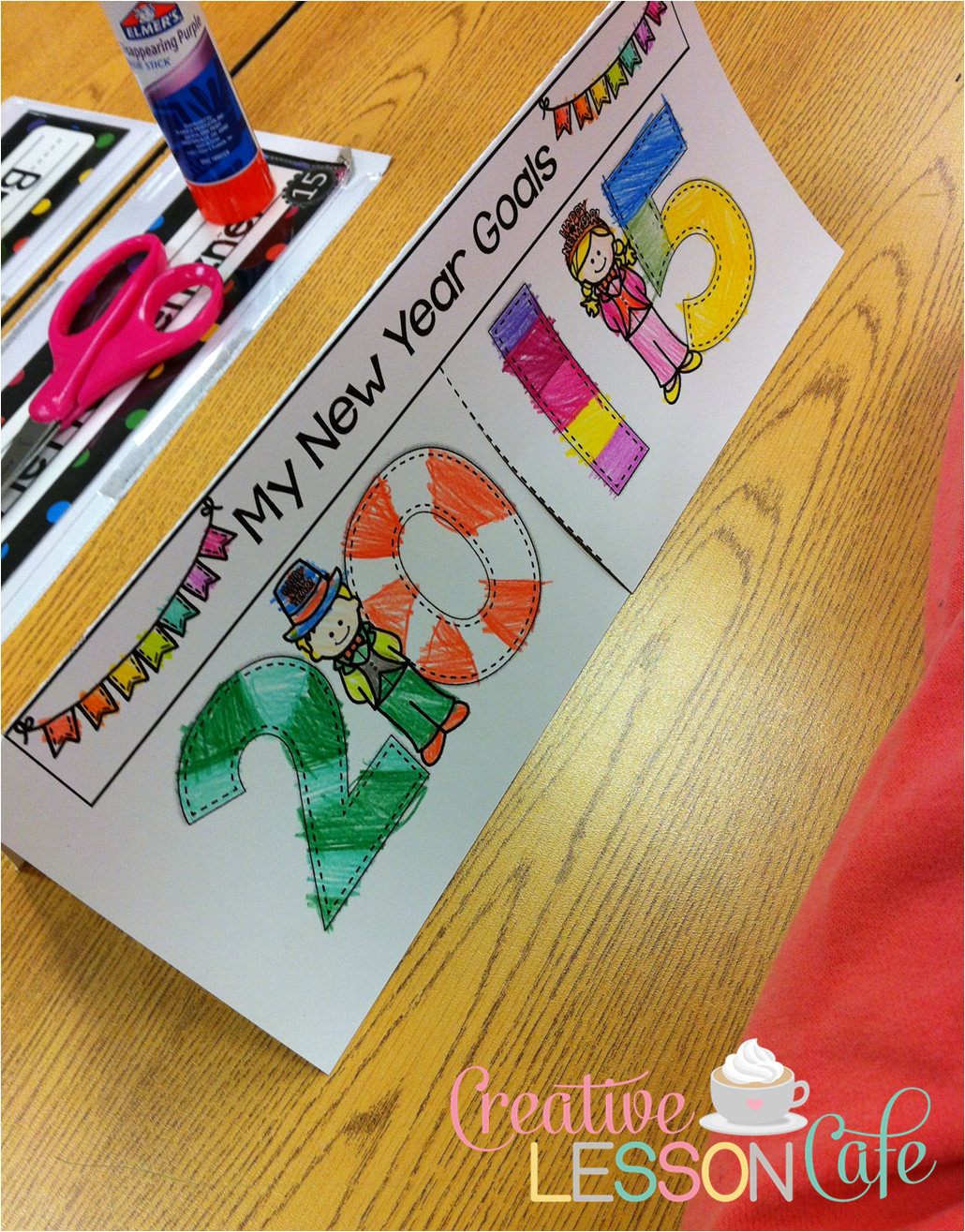It happens to all of us at some time or another… getting that one harsh parent note or email that gets your heart pounding. As teachers, knowing how to deal with uncomfortable, challenging or hurtful communication from parents is important for our well-being and the home-school relationship. Building positive relationships with parents is a crucial aspect of a teacher’s role. However, it’s not uncommon for educators to encounter challenging situations with parents. Dealing with difficult parents requires tact, communication skills, and a commitment to fostering a collaborative environment. In this blog post, we’ll explore some effective strategies for elementary teachers to navigate and address challenging parent-teacher relationships.
- Foster Open Communication: Establishing clear lines of communication from the beginning is essential. Encourage parents to share their concerns, questions, and feedback openly. Create a welcoming environment where parents feel comfortable expressing themselves without fear of judgment. Regularly update them on their child’s progress, achievements, and any concerns you may have to head off any unwanted surprises.
- Be Proactive: Anticipate potential issues by maintaining regular communication with parents. Share positive news about their child’s achievements and classroom activities. Proactive communication can help prevent misunderstandings and build a foundation of trust.
- Active Listening: When dealing with difficult parents, it’s crucial to practice active listening. Give them the opportunity to express their concerns and feelings without interruption. Reflecting on their words and validating their emotions can go a long way in diffusing tension and establishing common ground.
- Stay Calm and Professional: Difficult conversations can be emotionally charged, but it’s essential for teachers to remain calm and professional. Avoid responding defensively, and instead, focus on finding solutions collaboratively. Maintain a positive and respectful tone throughout the interaction. As much as we teachers may want to reply to clear up any misunderstandings right away, often a cool down period is a good idea before responding.
- Set Boundaries: Establish clear boundaries for communication. While it’s important to be accessible, it’s equally crucial to set limits on when and how communication should occur. Encourage parents to schedule appointments or use designated channels for discussing concerns.
- Offer Solutions: When faced with challenges, work together with parents to find solutions. Approach the conversation with a problem-solving mindset, and be open to compromise. Collaboratively developing strategies to address concerns can strengthen the parent-teacher partnership.
- Involve Administration When Necessary: If communication breaks down and challenges persist, then it may be necessary to involve school administration. Seek guidance and support to address the situation effectively. Administrators can provide additional resources or mediate discussions to facilitate resolution.
- Document Communication: Keep detailed records of all communication with parents, especially in challenging situations. Documenting conversations, emails, and meetings can serve as a reference point and provide clarity in case issues escalate.
Navigating difficult parent-teacher relationships requires patience, empathy, and effective communication. By fostering open dialogue, staying proactive, and maintaining a professional demeanor, elementary teachers can build strong partnerships with parents. Remember, the ultimate goal is to create a positive and supportive learning environment for the child, and collaboration between teachers and parents is key to achieving that goal.





